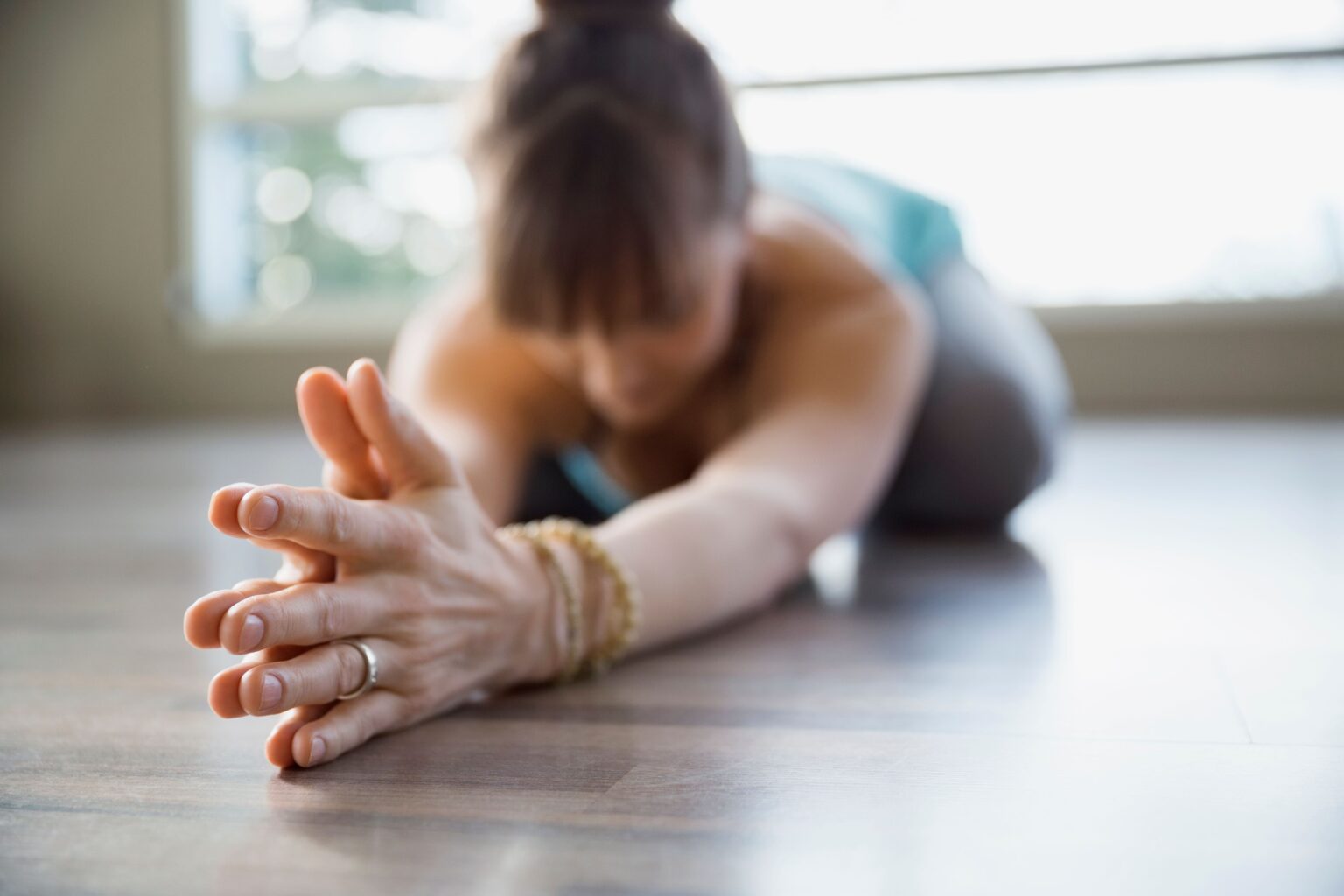Exercise makes your body feel great and lifts your mood, but sometimes it can make your hands numb. While tingling fingers after a workout can be worrisome, the cause usually isn’t serious.
Most people can make minor adjustments to their routines to fix the problem. Others may need to seek medical advice.
Poor Form
Hand numbness is common in fitness walkers who swing their arms next to their thighs while they get their steps. Keeping your hands low and your arms straight, combined with the centrifugal force of the swinging motion, causes fluid to collect in your hands.
You may notice stiff, swollen fingers and numbness when the pressure is great enough to restrict your blood supply. Keep your elbows bent at a 90-degree angle, and swing your arms from the shoulder to prevent these symptoms.
Dehydration and Numbness
If you sweat without drinking water during your workout, you may become dehydrated. Your sweat contains electrolytes that transmit the electrical impulses responsible for many processes within your body, including nerve and muscle function.
If you don’t replace the lost electrolytes by drinking water or a sports drink, an imbalance results. Your body’s ability to transmit muscle and nerve signals to and from your extremities may be impaired. In addition to causing the numbness in your hands, dehydration can cause weakness, fatigue, confusion, and muscle spasms. In advanced cases, it can lead to seizures and convulsions.
Proper hydration helps your body replenish your electrolyte levels. So, drink fluid regularly throughout your workout. And keep in mind that if you’re thirsty, you’re already dehydrated.
Grip Issues
Your ulnar nerve runs along the back of your arm, just behind your elbow, through the outside of your wrist, and into your hand. That tingling sensation you get when you hit your “funny bone” is caused by a blow to the ulnar nerve. Pressure on the nerve can create numbness anywhere from your shoulder to your pinky, causing tingling fingers after your workout.
Common culprits include a tight grip on cardio machine handrails, improper form when lifting weights, and not enough cushioning in gloves. To help prevent tingling from these causes, loosen your grip and wear weightlifting gloves with extra cushioning in the heels of your hands.
Avoid fly strength-training exercises and other moves that force you to lift your arm with your elbow in a bent position while bearing weight. This can irritate the nerve.
Other Numbness Culprits
Even though your hand numbness occurs after exercise, it may not be related to exercise at all. When you exercise, your circulation and nerve signals get switched to “high.” If there is a disruption from a damaged nerve or a constricted blood vessel, the blood or nerve signals won’t reach your hands when they’re most needed to feed or stimulate your working muscles.
Many illnesses can cause numbness in your hands after working out, so see your doctor if the symptoms persist. Possibilities include diabetes, carpal tunnel syndrome, hypothyroidism, and vitamin deficiencies — but only a thorough exam can give you a definite diagnosis.
Get emergency medical attention if you also experience:
- Your hands “falling asleep” at night
- Weakness
- Confusion
- Slurred speech
- A change in vision
Also, get emergency care if you have numbness that starts after a head injury.
Read the full article here




